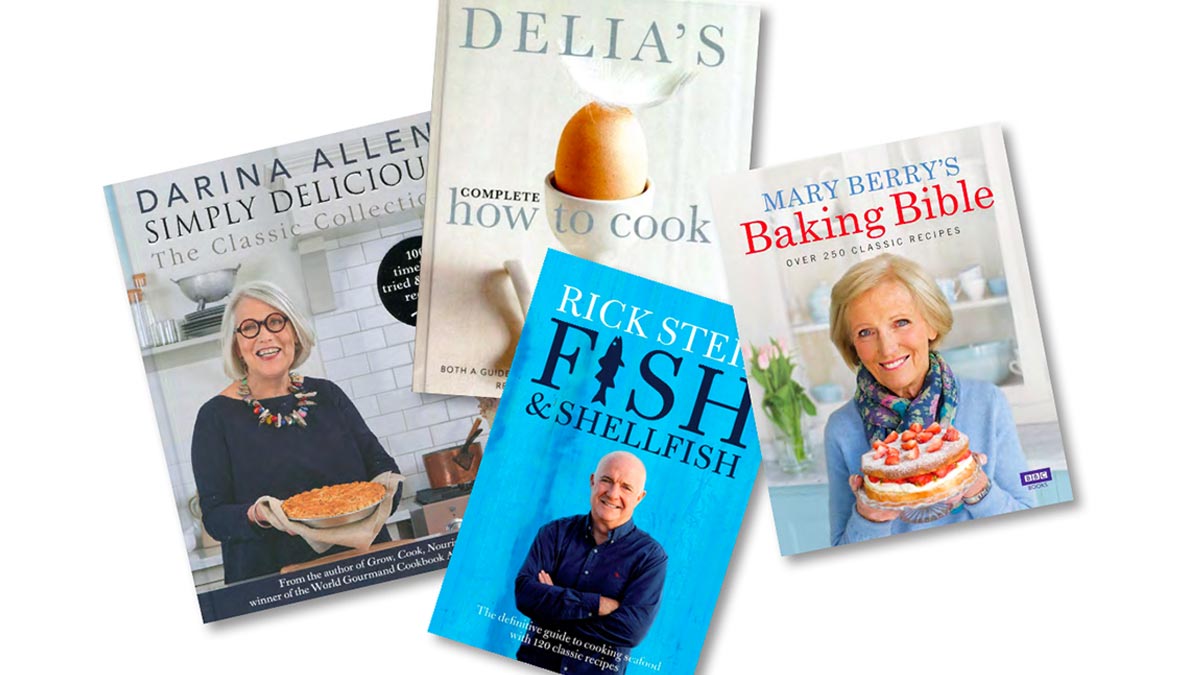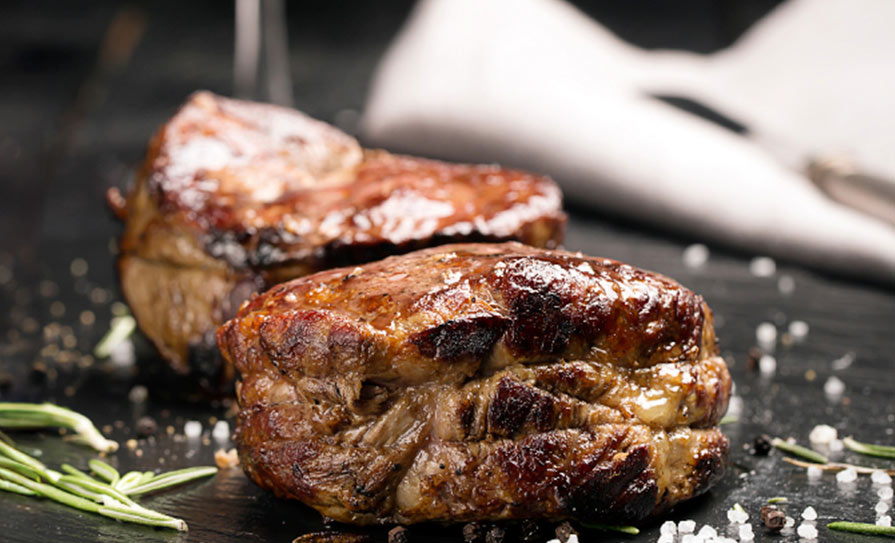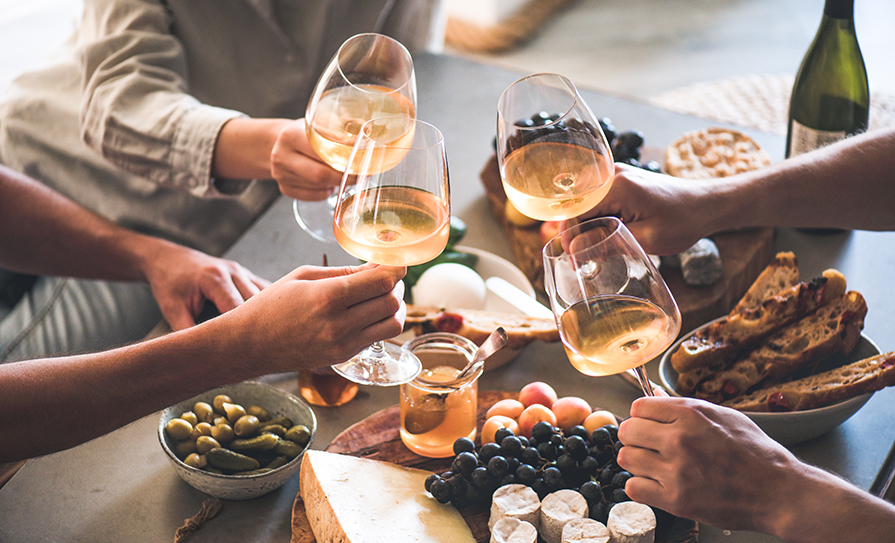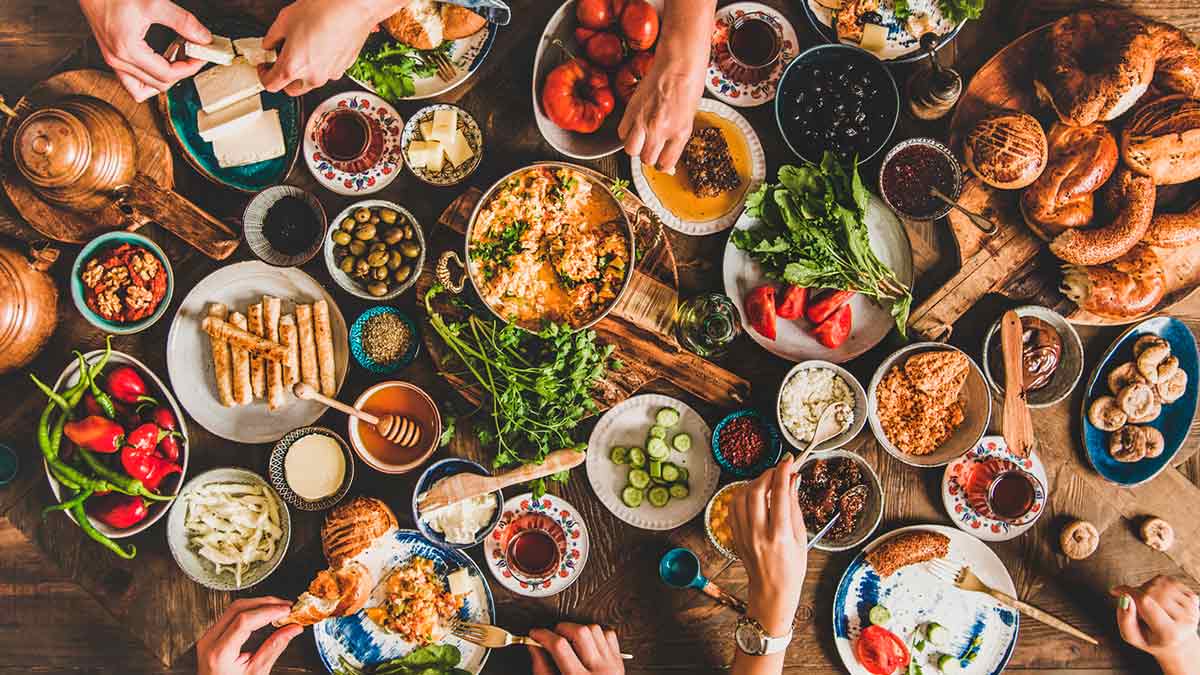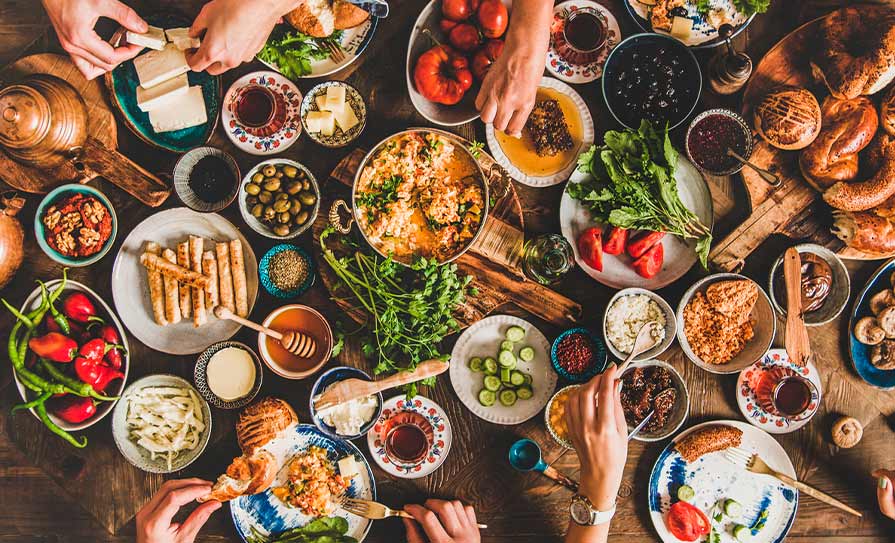Tom Doorley says that when building your kitchen library, get your hands on a few tried and tested cookbooks such as those from Darina Allen or Rick Stein
Just before Christmas The Guardian published a piece headed: ‘Beware the mix of food and fear – the truth about ultra-processed foods is still emerging.’ The standfirst of the article states research in the area should be “a wake-up call”. It also asks “if people miss out on nutrients in a quest to avoid them, is it really helping”?
This is the kind of question that a PR agency might come up with during a brainstorming session on how to deflect negative attention from ultra-processed foods (UPFs). It’s not the kind of question that a serious newspaper should be asking.
It’s a mish-mash of various complaints. These include the argument that UPFs are inadequately defined, and that people have been terrified by reports (unspecified) about UPFs and cut them out completely, thus leading to a deficient diet, a rehash of Chris van Tulleken’s commendably honest book Ultra Processed People.
The fact is that most people who are actively interested in food – as distinct, perhaps, from nutrition and diet – know instinctively what UPFs are. This is because they are used to cooking from scratch and when they read off the list of ingredients they want all of them to be the kind of stuff you get in kitchen cupboards throughout the land.
The trouble is that these people are, by and large, a privileged, educated constituency who not only avoid UPFs, but know that taking regular exercise and not smoking are good strategies for health. And it underlines that lecturing people on food and health is a tricky business, often based on utter nonsense, such as the food pyramid, or the need to get your five-a-day (the latter, as I’ve mentioned before, was plucked from the air for a Californian fresh produce campaign that came with the catchy strapline ‘Strive For Five!’).
Pull together these books and you will have a culinary library that will never let you down
Teaching people basic cooking skills, giving them access to good, fresh food, warning them about sugar as anything other than a treat, and stressing that preparing food from scratch can help save money, are all useful ways of helping people to live better. Acknowledging that struggling parents, on very little income, with small children, may not have the time to take on board and act upon such advice is essential. Middle-class finger wagging having a go at people whose life challenges they will never know are not the answer.
If you have decided that you want to cook more and better this year, I have some advice. There’s a very noisy bazaar out there offering books and videos and TikTok performances and magazines and all manner of ‘how to’ tips. My advice is to ignore it all, at least at first. Get hold of a few straightforward cookbooks. Not the glitzy, all-colour ones by the latest television chef sensation, but the tried and trusted ones.
Delia Smith’s canon is excellent, as is our own Darina Allen’s, especially her Simply Delicious and How to Cook volumes. If you want to know everything about preparing fish and seafood, you can’t go wrong with Rick Stein’s Fish and Shellfish, while baking is very well taken care of by Mary Berry.
Pull together these books and you will have a culinary library that will never let you down. Then the fun will be adding various gems. May I suggest Margaret Costa’s Four Seasons Cookbook, first published in 1970, but now back in print? It’s as fresh as if it had been written in the last couple of years.
It’s a book that I consult frequently. The others that are now well-splattered from use in the kitchen include several by Elisabeth Luard (who is still going strong; I had lunch with her in London last year); Marcella Hazan on Italian food; Mireille Johnston on matters French (although Julia Child makes an occasional appearance); Fuchsia Dunlop on Sichuan cooking; Madhur Jaffrey’s Curry Nation; Claudia Roden on the Middle-East; Sabrina Ghayour on Iranian cooking; and Samuel and Samantha Clark on Spain. Mind you, that’s just the most used selection from a collection of over 2,000 cookbooks acquired since we got married 40 years ago this summer.
The book from which I learned to cook was the Hamlyn All Colour Cookbook, a mainstay of 1970s kitchens and containing some terrible travesties. However, it got me interested and explained some basic techniques clearly and simply. And guess who one of the authors was? A young Mary Berry.
It struck me the other day that I can’t remember when I last followed a recipe by Elizabeth David. The reason, I suppose, is that she doesn’t really do recipes as such, more broad brushstrokes. But I do like reading her on various dishes – only I then seek the detailed advice from Marcella or Claudia or whoever.
Over the past couple of years, two outstanding cookbooks have appeared. I heartily commend Notes from a Small Kitchen Island by our friend Debora Robertson who now lives in the South of France, published in 2022, and Cooking: Simply and Well, for One or Many by another friend, Jeremy Lee of London’s glorious Quo Vadis restaurant in Soho, that came out last year.
These two books are the antithesis of the confected, designed-by-focus-group, variety by some big-name chefs. They are by real people whose love of cooking steams off every page.
Drink of the Month
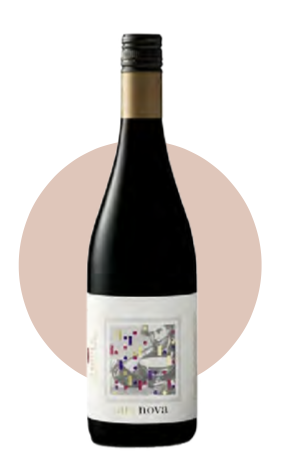
Speaking of steam, a steaming casserole is what many of us crave during the darker days of the year and I have the wine – a veritable bargain – to go with it. Bodegas Tandem Ars Nova (€18.95, O’Briens) from a virtually organic estate in Navarra and stunningly beautiful modern winery right beside the path to Santiago. It’s Tempranillo, Cabernet, and Merlot, fresh but deep with a touch of warm herbs from the hillsides (which, no doubt, are entirely imaginary but still…).
